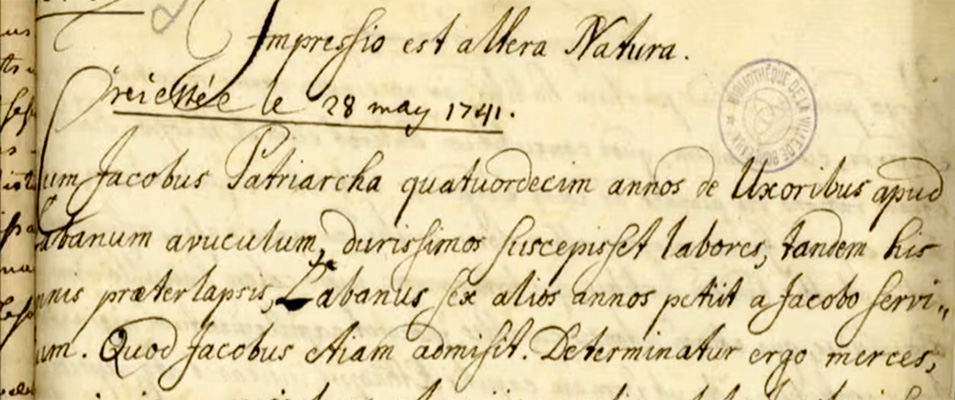By Aminata Gueye
Henry Louis Gates Jr. and Andrew S. Curran discussed the 18th century invention of race and their new book, Who’s Black and Why?: A Hidden Chapter from the 18th-Century Invention of Race, at The Robert B. Silvers Lecture.
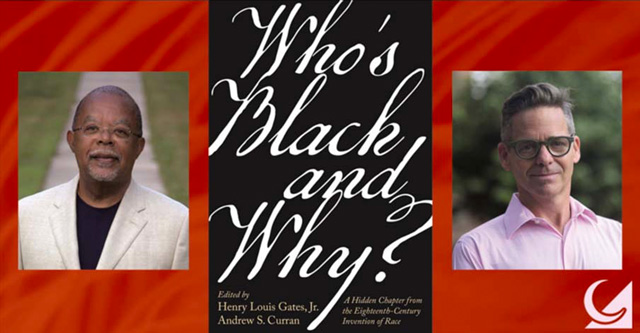
The free event, held March 10, was the first in-person event for NYPL in two years, since the start of the Covid-19 pandemic.
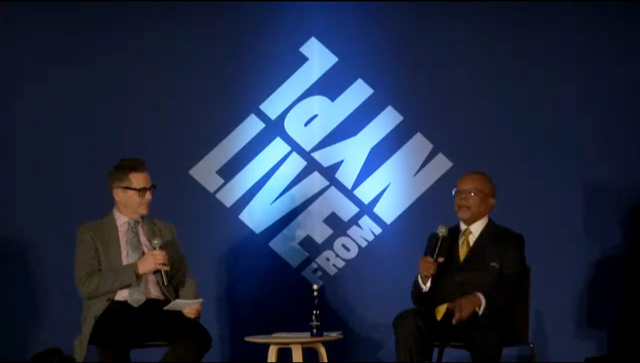
The two scholars delved into the early distinctions of the human race by European Enlightenment era philosophers and anthropologists. They discussed a Europe-wide essay contest hosted by the Bordeaux’s Royal Academy of Sciences, uncovered in their book.
The essay prompt was to explain theories behind “the cause of Black skin and textured hair” found in African peoples. This essay contest spread negative stereotypes and dehumanized Black people, which was essential for Europe to justify the Transatlantic Slave Trade.
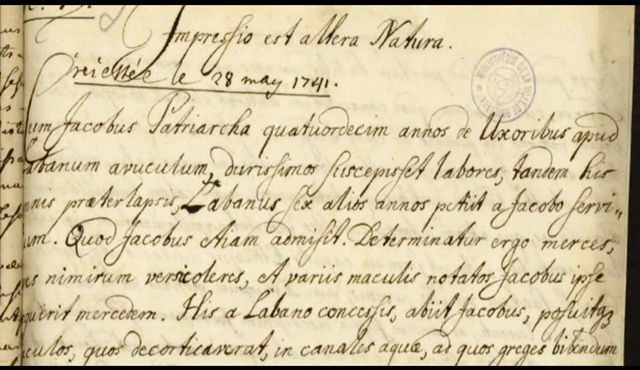
An essay submitted to the Bordeaux’s Royal Academy of Sciences essay contest in 1741, written in Latin, explaining the “source of blackness” (through pseudoscience).
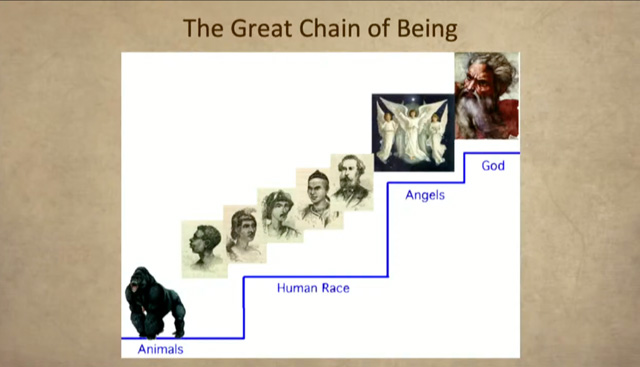
This is a slide from the talk, “The Great Chain of Being.” It is an example of Europe’s Enlightenment era conception of the hierarchy of beings with Africans being the lowest of humanity and Caucasians the highest.
Andrew S. Curran and Henry Louis Gates Jr. then shared the stories and triumphs across the African Diaspora where people protested and defied claims of Black inferiority through their contributions to art, literature, the sciences and more.
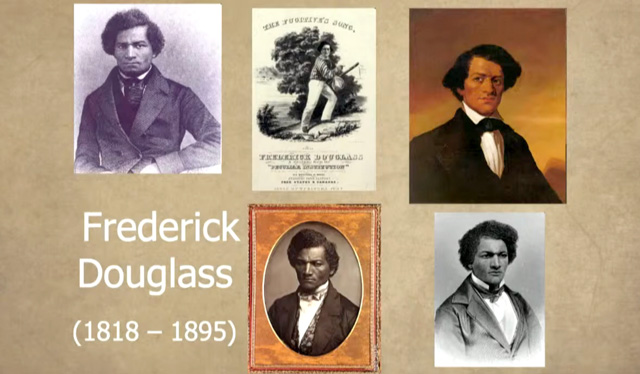
The lecture featured Slave Narratives written by enslaved Africans whose works were a method to humanize their “race” and share the harsh realities of the transatlantic slave trade.
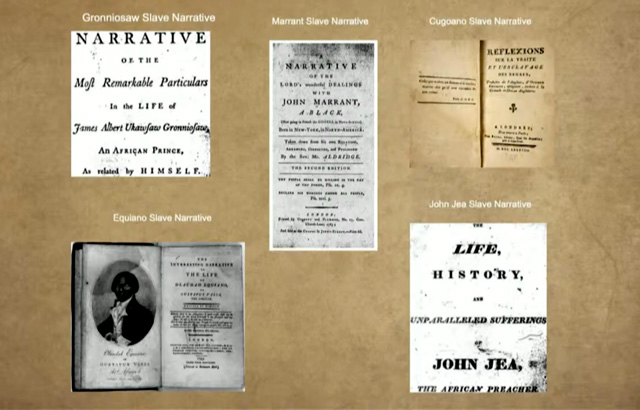
The scholars shared how figures like Frederick Douglass, Olaudah Equiano, and Phyllis Wheatley challenged the Enlightenment-era philosophers who spread anti-Black rhetoric in their works.
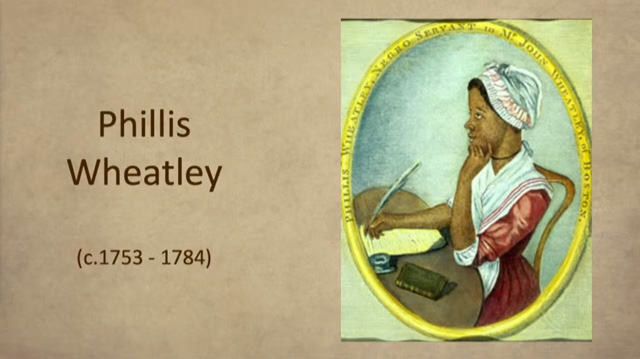
“When challenged to prove their common humanity with Europeans by the greatest thinkers by the Enlightenment era in Europe…Black women and men, all former slaves, or the daughter and sons of slaves, met that challenge head-on,” said Henry Louis Gates Jr.. “They sat at their desks and read and wrote books. And by doing so, they wrote themselves and their fellow African persons of descent into the human community.”



